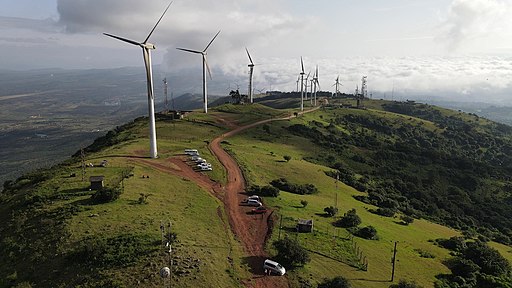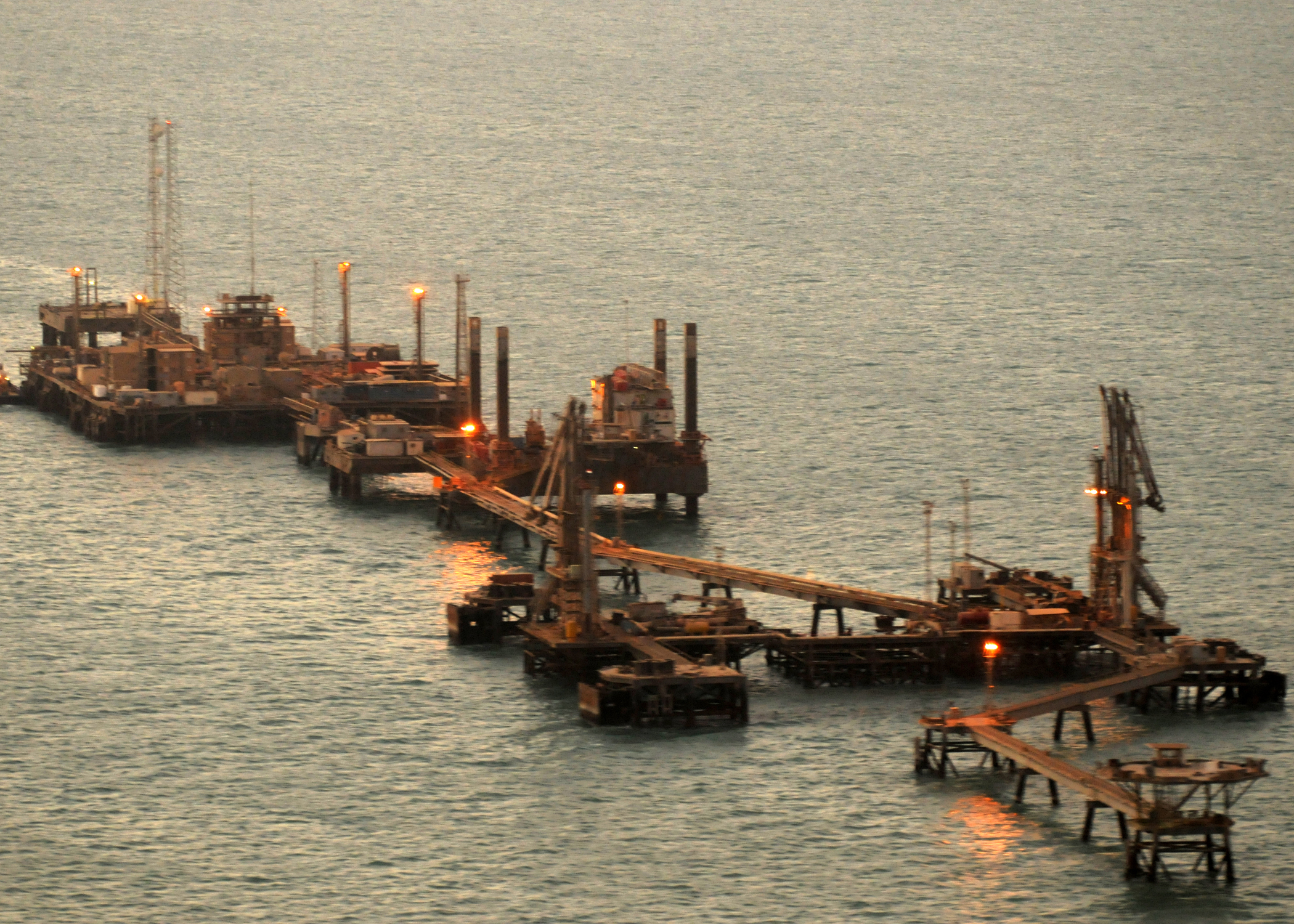How will traumatic decarbonization affect peace processes and political settlements in fragile oil-producing states in Africa and the Middle East?

Energy Transition in Fragile States:
A Critical Primer
February 2023
There is increasing global recognition of the need to move away from carbon-based fuels towards renewable energy sources in order to mitigate the worst effects of climate change. What are the distributional implications of this transition? While there are numerous analyses focused on Western and developed countries, how will it impact fragile states, especially those which produce fossil fuels? This is the driving question we seek to answer in this paper.
This literature review examines the state of research on the implications of a global energy transition for fragile states, with a specific focus on the implications for fossil fuel producing states that operate as political marketplaces.1 By political marketplaces, we mean countries in which monetized transactional politics, often violent, dominate formal institutions (de Waal 2015). Countries such as the Democratic Republic of Congo, Iraq, Nigeria, and South Sudan epitomize these dynamics.2 Within these countries, oil or other resource rents (e.g. critical earth minerals) are vital components of how the political systems operate.
Authors
Tarun Gopalakrishnan is a Ph.D. candidate at the Fletcher School focusing on the rules, norms and policy processes around finance for climate adaptation and resilience. He is a Junior Fellow at the Climate Policy Lab. He previously worked with The Energy and Resources Institution (New Delhi), the World Trade Organization and the Centre for Science and Environment (New Delhi) on diverse climate policy issues including coal taxation, compensatory afforestation, cross-border energy markets, climate services for agriculture and operationalising the Paris Agreement. He holds an undergraduate degree from the NALSAR University of Law (Hyderabad, India) and an M.A. in Law and Diplomacy from the Fletcher School.
Jared Miller is a Ph.D. candidate in International Relations at the Fletcher School at Tufts University focusing on electoral politics and corruption in Nigeria. Jared has also conducted research on election manipulation, corruption, and elite politics in the United States, Burundi, the Democratic Republic of the Congo, South Sudan, and Sudan. Previously, Jared worked in Nigeria with Search for Common Ground, an international peacebuilding nonprofit, to support community-based peacebuilding programs. In Nigeria, he worked on issues ranging from human rights accountability and governance reforms to violent extremism and community security. Jared holds an MA in Law and Diplomacy from the Fletcher School at Tufts University and a BA in International Relations from the College of William & Mary.
The Carbon Compacts, Decarbonization, and Peace in Fragile States in Africa and the Middle East project was a 21-month research project led by the World Peace Foundation at Tufts University and funded by the United States Institute for Peace. Our goal within the project was to analyze how traumatic decarbonization—a rapid loss of oil rents—would affect peace processes and political settlements in fragile oil-producing states in Africa and the Middle East.
Learn more about the Carbon Compacts, Decarbonization and Peace in Fragile States in Africa and the Middle East program.
1 For more on the political marketplace framework, see de Waal 2015; and de Waal, Sarkar, Detzner, and Spatz 2020.
2 For other examples of countries that operate as political marketplaces, see https://sites.tufts.edu/wpf/.
Photo: Ngong Hills Wind Farm Station in Kenya by Akash Pitrola. Licensed for reuse by Creative Commons License Attribution-Share Alike 4.0 International.



